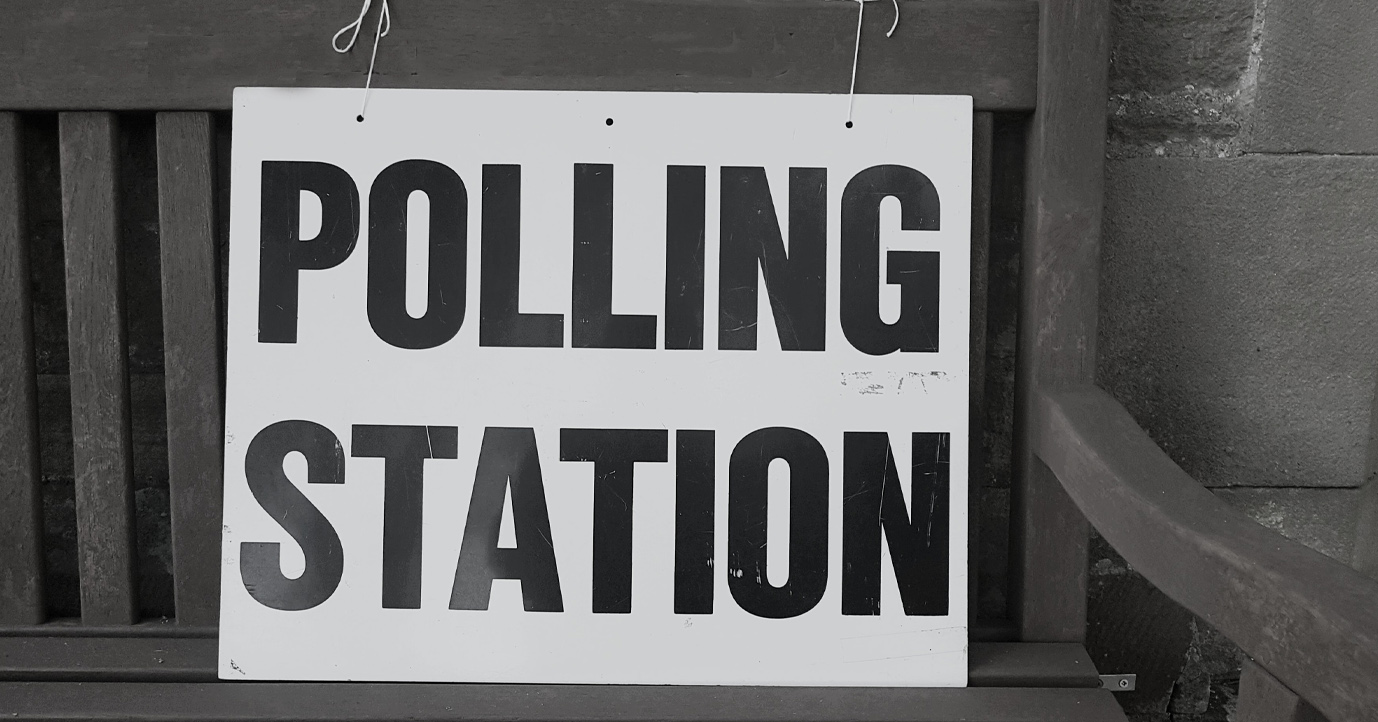
The main purpose of this website is to set out the findings of my research in a way that readers will find clear and easy to digest. I know, however, that many people still prefer to reach for a volume from their shelves. For them, I have published It’s Not You, It’s Them, a collection of my political work since the 2010 general election.
The subtitle of the book – Research To Remind Politicians What Matters – sums up what I try to achieve with my polling. In my experience, people in politics are usually well motivated and want to serve. But they often find it hard to appreciate one important point: the mere fact that politics occupies much of their attention makes them different from (without wishing to offend anyone) normal people.
This can lead to a number of mistakes. The most common is to suppose that voters as a whole share our own views and priorities to a greater extent than they really do. The people we ourselves speak to every day, or the individuals who buttonhole their MP at local events, are not necessarily representative of wider public opinion.
Another is to be tempted spuriously to claim public support where little exists for a controversial policy that they believe to be right. Politicians should certainly have the courage to propose, or challenge, ideas in a way that does not accord with the dominant public view – but when they do so they should know what they are up against, not kid themselves they are leading a popular crusade.
Perhaps the most dangerous mistake that those in the political class can make is to fail to see themselves as others see them. When this happens, not only do they lose touch with the priorities of the voters, they fail even to notice they have done so.
It’s Not You, It’s Them brings together my polling and commentary on subjects including crime, Europe, political leadership, the economy, the future of Labour and the Liberal Democrats, what the Conservatives should say about Ed Miliband, and the challenges the Tories face in achieving a majority in 2015. Public attitudes to immigration, welfare reform and the NHS are also discussed.
Politicians need to know what voters really think – both to win elections, and to govern effectively. This is what I aim to tell them, whether it makes comfortable reading for my own party or not. I think there is an element of public service in keeping politicians on their toes.


